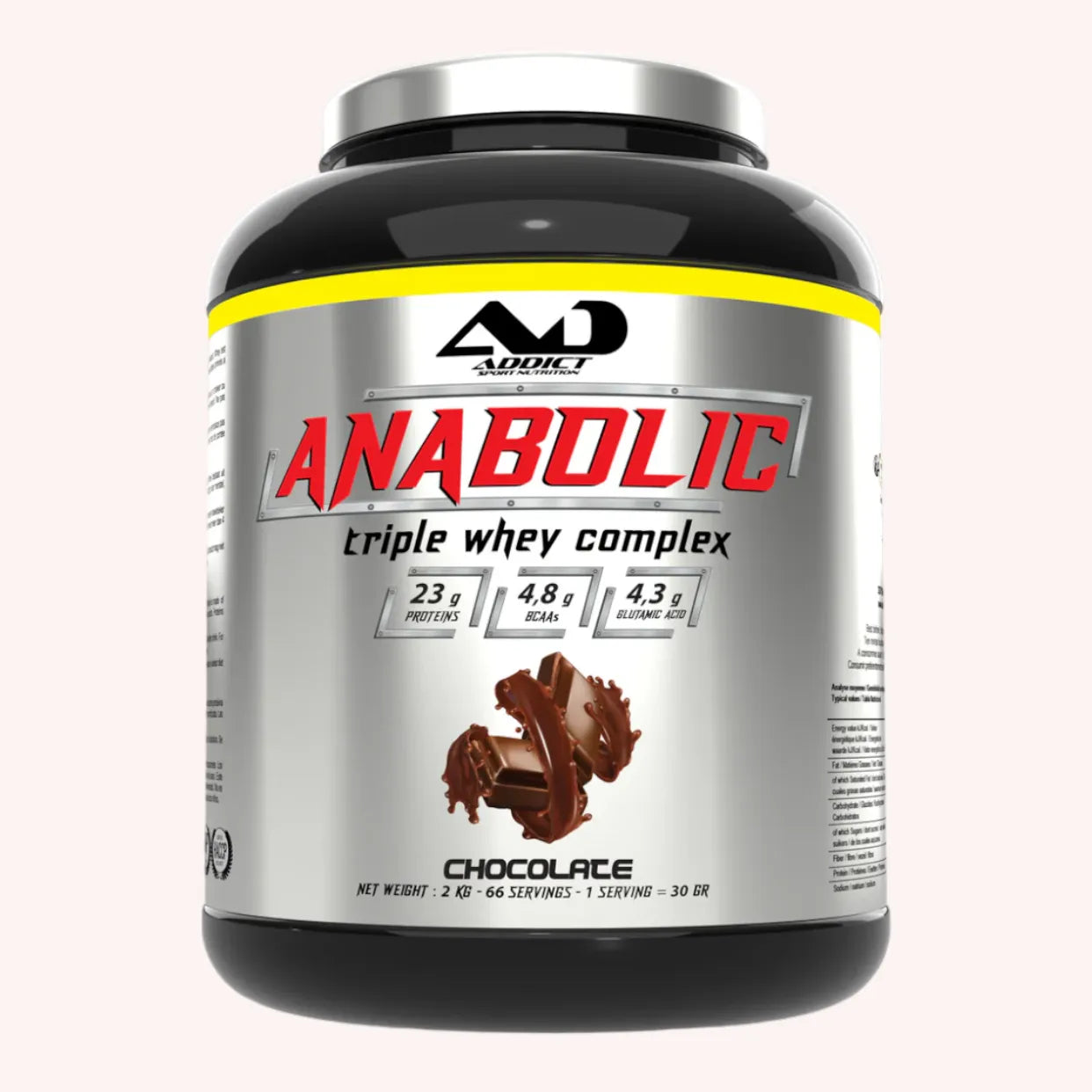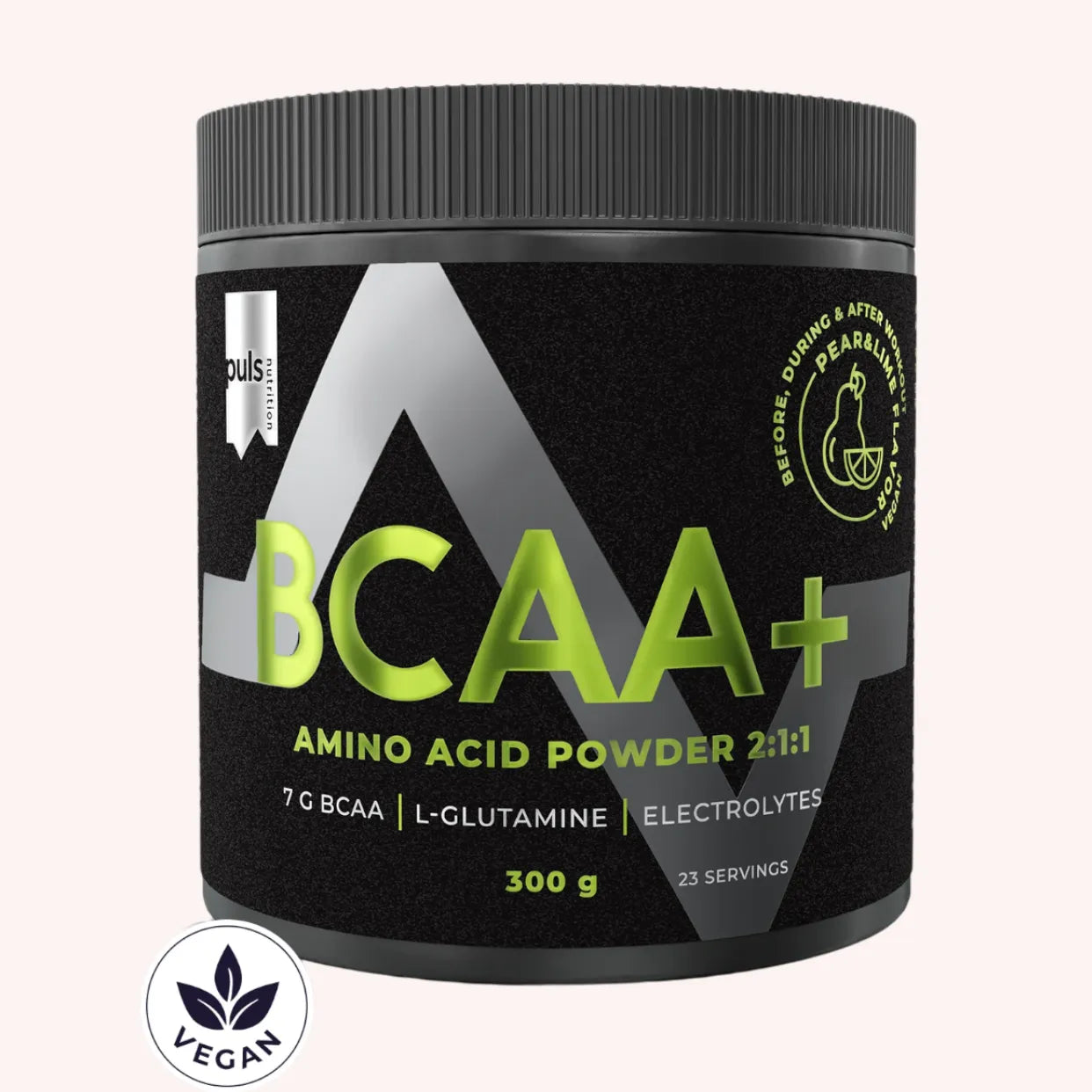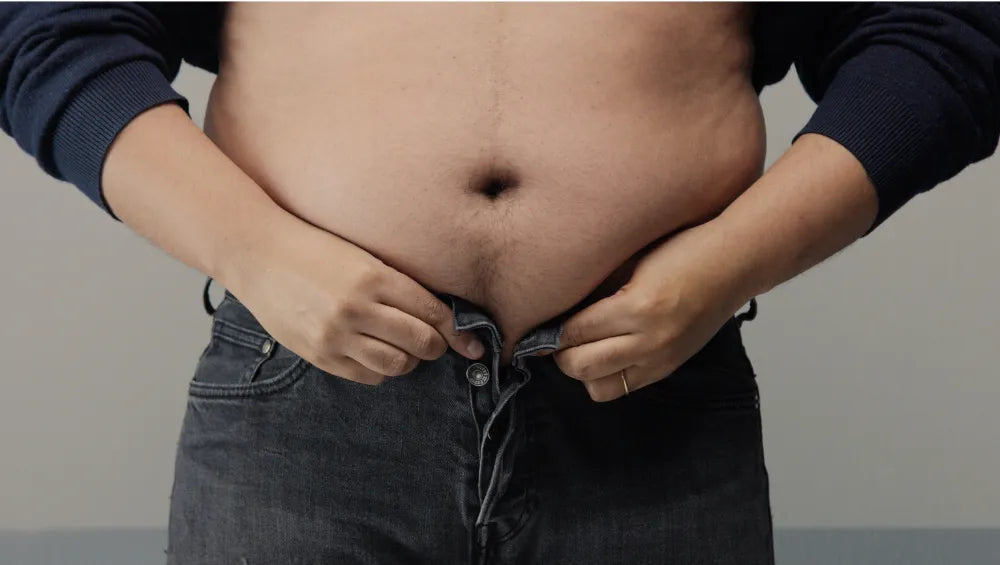Ramadan is an important time for Muslims around the world. However, working out and building muscle during this time can be challenging due to dietary restrictions and the decreased energy caused by fasting. Don't panic! Here are some tips for gaining muscle during Ramadan that will help you achieve your goals without compromising your faith.
Adapt your training
During Ramadan, it's essential to adapt your training to avoid overtaxing your body, which is already weakened by fasting. Since the body has fewer energy resources during this period, it makes sense to reduce the frequency and intensity of your workouts. Choose a suitable program to maintain or even increase your muscle mass while respecting the constraints imposed by Ramadan.
Reduce training frequency
During Ramadan, switch to a workout routine of three sessions per week instead of four or five, particularly focusing on multi-joint exercises like squats, push-ups, pull-ups, or deadlifts. These movements target multiple muscles and are more effective at building muscle mass quickly using limited available energy.
Focusing on strength training exercises with moderate weights and an appropriate number of repetitions helps minimize stress on muscles and joints.
It's best to avoid intense cardio workouts that can cause rapid dehydration and lead to a drop in energy throughout the day.
Reduce the intensity of the exercises
The goal during Ramadan isn't to lift as much weight as possible, but to maintain muscle mass . So, reduce the weight slightly to avoid any risk of injury and make sure you master the movements. Also, taking your time with each repetition allows you to better feel the contraction and stretching of the muscles for optimal results.
Adapt the timetables
Consider adjusting your workout schedule based on your availability and energy levels. Ideally, schedule workouts just before sunset or shortly after breaking your fast.
Pay attention to your diet
Fasting imposes certain dietary restrictions, making it essential to focus on nutrition tailored to weight gain to avoid becoming too lean. During Ramadan, meals are limited between: Iftar (breaking the fast) and Suhoor (beginning the fast). Here are some tips for choosing your foods wisely:
Iftar: Meal rich in protein and carbohydrates
When breaking the fast, opt for a meal consisting of complex carbohydrate sources such as whole-wheat bread, whole-wheat pasta, basmati rice, or legumes to replenish your body's energy.
This meal is crucial after a long day of fasting, as it will boost insulin levels and help rebuild muscles used during training.
At iftar, it's important to focus on foods rich in quality protein, complex carbohydrates, and healthy fats. Here are some suggestions:
- Protein: Lean meats, poultry, fish, dairy, eggs, legumes, and tofu to promote muscle rebuilding.
- Carbohydrates: Whole grain rice, whole grain pasta, whole grain bread, quinoa, sweet potatoes and green vegetables.
- Fats: Olive oil, avocados, nuts and seeds, fatty fish (like salmon).
It's also important not to neglect vegetables and fruits for their fiber, vitamin, and mineral content. Furthermore, staying well hydrated when breaking the fast is essential for proper recovery and optimal body function.
Suhoor: Favor foods with a low glycemic index
Suhur, the last meal before the start of the fast, should provide sufficient energy throughout the day. When eating before dawn, choose foods with a low glycemic index so that their energy is released gradually throughout the day. Examples of foods to eat include:
- Whole grains (oat flakes, muesli).
- Legumes (lentils, chickpeas).
- Fresh fruits and oilseeds such as almonds, walnuts and hazelnuts.
Don't hesitate to hydrate yourself sufficiently by drinking water, juices or even energy drinks without added sugars during your two daily meals.
Food supplements, allies for gaining mass
Dietary supplements can be a valuable aid in helping you achieve your muscle mass gain goals during Ramadan. However, be sure to check that they comply with the restrictions associated with this religious period.
Protein powders
Whey, casein, and plant-based proteins are ideal supplements for increasing your daily protein intake and promoting muscle mass gain. You can consume them at iftar and/or suhoor to ensure a steady supply of the nutrients needed for muscle building.
BCAAs (Branched-Chain Amino Acids)
Branched-chain amino acids ( BCAAs ) play an important role in protein synthesis and muscle repair after training. They can help prevent muscle breakdown during Ramadan, especially if your diet isn't rich enough in protein. Again, be sure to incorporate these supplements in accordance with Ramadan guidelines.
Multivitamins
A multivitamin supplement can help fill any nutritional gaps associated with prolonged fasting.
Rest and recovery during Ramadan
Rest days and recovery are essential to avoid overtraining and maintain good muscle mass during Ramadan. Here are some tips:
- Include at least two complete days of rest per week to allow the body to fully regenerate.
- Allow yourself moments of relaxation to promote physical and mental recovery.
- Maintain a regular sleep routine and prioritize quality sleep to optimize recovery.
Take care of yourself and listen to your body
During this unusual time, it's essential to listen to your body and not push yourself too hard. If you feel exhausted or unusually sore during your workout some days, don't hesitate to ease off or even cancel your session. Also, get quality sleep whenever possible to allow your body to recover properly.
Ramadan Mass Gain: In Summary
In conclusion, it is entirely possible to gain muscle mass during Ramadan, provided you adapt your training, monitor your diet carefully and take the right food supplements.
One thing is certain: Achieving your weight gain goals during Ramadan requires a certain seriousness, but with the necessary effort, you can gain significant satisfaction by showing that sporting and religious discipline go hand in hand.













